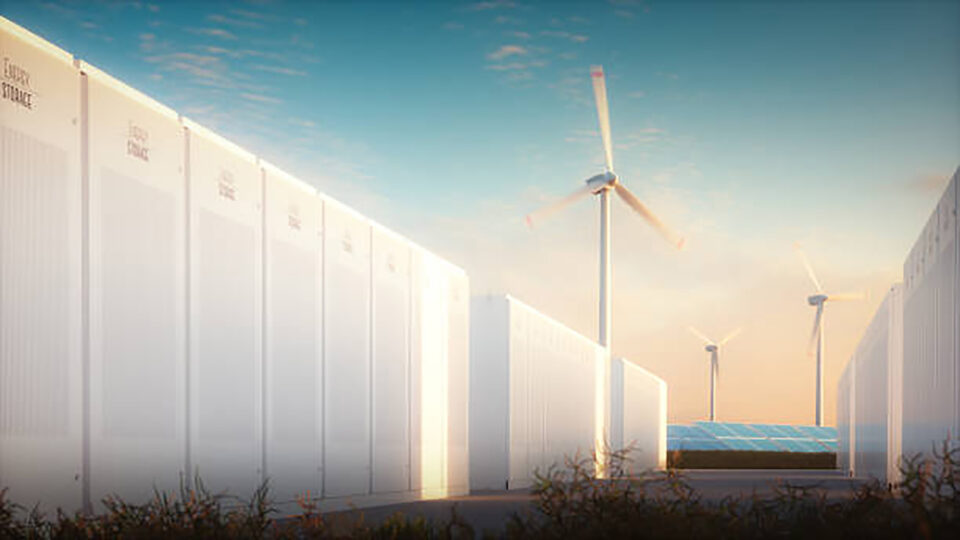The Electric Power Research Institute (EPRI) has been selected by the U.S. Department of Energy (DOE) to lead three bulk energy storage projects for awards totaling $600,000. The projects will be focused on studying innovative and non-battery energy storage solutions to support a cleaner and integrated energy network.
Possibly of your interest: DOE and Israel stretch energy bonds with $17,5M for sustainable joint projects
Three EPRI-led awarded projects
The Electric Power Research Institute (EPRI), which conducts research and development (R&D) programs to provide a clearer vision for the electricity sector, has been awarded by DOE to develop three energy storage projects. Those awards total $600,000 and are aimed to support a cleaner and integrated energy network in the U.S.
According to the EPRI, the availability of large-scale energy storage options will be crucial in increasing the amount of renewable energy on the grid. These solutions will also help the country and the world to reduce carbon emissions.
Neva Espinoza, EPRI Vice President for Energy Supply and Low-Carbon Resources, told CISION PR Newswire, “investing in research and development to improve energy storage is critical at this moment in time.”
In this regard, the Vice President added, “innovations in energy storage, along with advancements in alternative low-carbon fuels, will contribute to a grid that is both reliable and resilient. This is essential to reaching a cleaner energy future.”
The three EPRI-led projects will evaluate opportunities for deployment of thermal energy storage, using liquid salt, sand, and crushed rock to capture heat from fossil generation units. The organization will also assess how to store the energy produced during periods of low power prices through the projects.
With an increase in prices, the projects’ energy storage systems would be able to produce auxiliary power for the fossil units, thus creating opportunities without stressing the system from ramping up and down.
The projects:
According to PRN, the projects will comprehend:
A pilot-scale liquid salt combined-cycle unit. This study will develop a design for the system to be integrated into a natural gas power plant and evaluate its costs and performance to advance its commercial deployment potentially.
Sand thermal energy storage. The project will perform a feasibility study for integrating this storage technology into a coal power plant, exploring how this technology can work in conjunction with any fossil source and nuclear, solar thermal, and electrical heating from renewables.
Crushed rock as a cost-effective medium. The project will perform a feasibility study to integrate a pilot-scale crushed rock thermal energy storage system with a natural gas power plant. The pilot represents a next-to-last demonstration before the technology can be commercially ready.
EPRI is working with nine other energy industry collaborators to lead these studies. Three of these organizations are major U.S. power generators.
About EPRI
The Electric Power Research Institute, Inc. (EPRI, www.epri.com) conducts research and development relating to the generation, delivery, and use of electricity for the public’s benefit. An independent, nonprofit organization, EPRI brings together its scientists and engineers and experts from academia and industry to help address challenges in electricity, including reliability, efficiency, health, safety, and the environment. EPRI’s members represent more than 90 percent of the electricity generated and delivered in the United States, and international participation extends to 40 countries. EPRI’s principal offices and laboratories are in Palo Alto, Calif.; Charlotte, N.C.; Knoxville, Tenn.; and Lenox, Mass.


